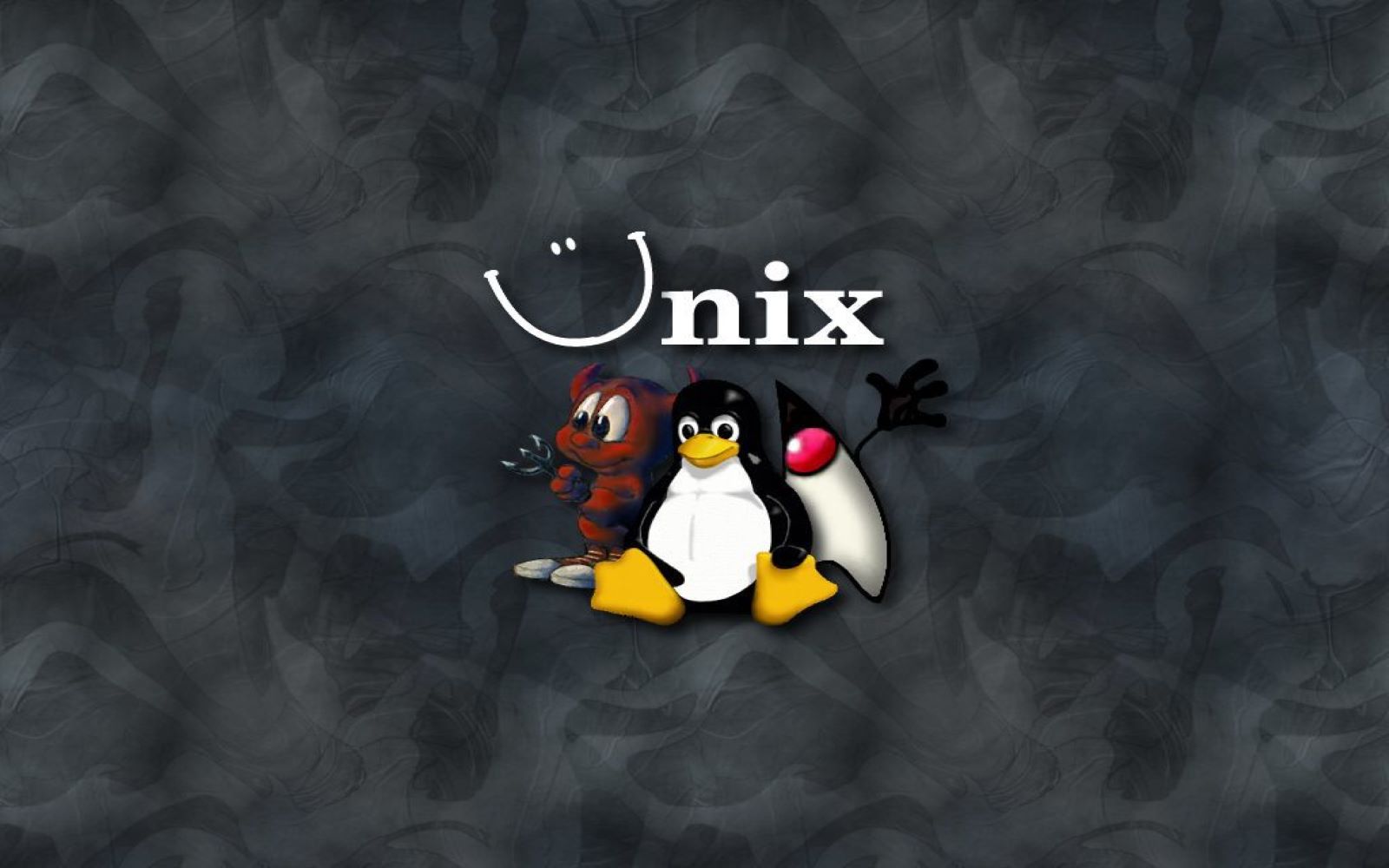A shell is a command-line interpreter and typical operations performed by shell scripts include file manipulation, program execution, and printing text.
The shell is, after all, a real programming language, complete with variables, control structures, and so forth. No matter how complicated a script gets, it is still just a list of commands executed sequentially.

Shell scripting is meant to be simple and efficient. It uses the same syntax in the script as it would on the shell command line, removing any interpretation issues. Writing code for a shell script is also faster and requires less of learning curve than other programming languages.
Unix commands may also be executed non-interactively in the form of a Shell Script. The script is a series of commands that will be run together. Shell scripts can be used for a variety of tasks from customizing your environments to automating your daily tasks.
Shell scripts can be used by programmers to develop programs, scripts to perform system-level tasks, finding patterns in a file, processing the data in a file based on the user inputs, etc.
The many advantages include easy program or file selection, quick start, and interactive debugging
A shell script can be used to provide a sequencing and decision-making linkage around existing programs, and for moderately sized scripts the absence of a compilation step is an advantage.
There is no need to switch to a completely different syntax. It is much faster to write a code in shell script than in other programming languages.